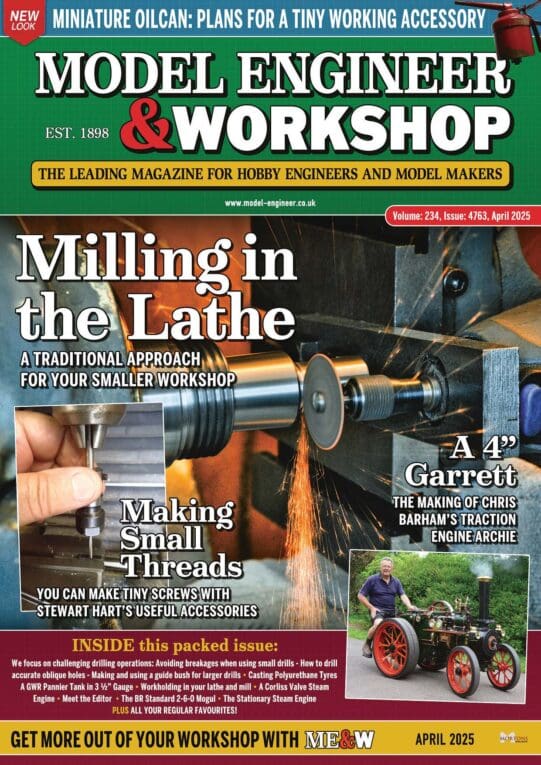Like she said on the video, simple or complex, 3d printing doesn't care. Still takes the same time to produce, so for more complex components this is a good thing because it's probably going to be a reduction in time, but for simpler components it will be a silly to wait hours for each one in a production environment.
People have said before that they could find ways to make 3D printing quicker, yet each material will have a minimum time to set and it will not be able to set faster than that time, without some major implications for the integrity. This physical property would take effect regardless of whether or not they can reduce times. No matter how fast they can move a robotic arm, it can't go faster than it takes each tiny layer to set otherwise the object could deform.
A more realistic proposal might be using a 3D printer with multiple heads, that could break up the work load between them automatically and work syncronously together. I'd imagine advanced software today could achieve that.
I'd imagine one day they might be able to rule out the lathe and mill altogether with a different technology but at what cost i don't know. They are more concepts than they are machines so i'm confident they will always serve some kind of purpose if not for cutting metal, but i'd take it for granted that near to no effort and quick manufacturing will become the everyday, i'd imagine that lathes and mills would be reduced to museum and educational pieces.
It's hard to picture a world where people will design physical objects but will have no physical interaction or experience in this study? It's baffling to think that physical skills themselves would be reduced to quaint curiosities but yet where does that leave them when it comes to understanding? For this reason it's difficult to justify removing them and the interest in them altogether.
Michael W
Edited By Michael Walters on 08/11/2016 10:15:19
MW.




